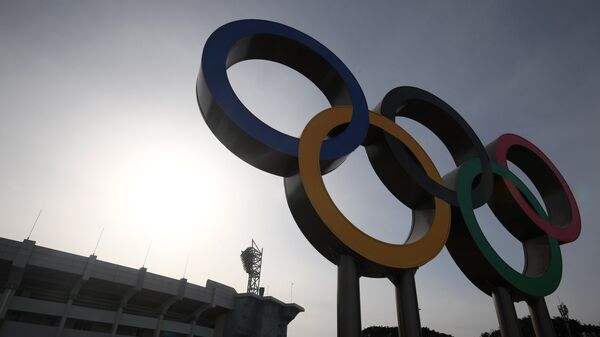During the first phase of ticket sales between February and June South Koreans demonstrated a lack of excitement for the world's greatest sports event by purchasing a startlingly-low 52,000 tickets — less than 7 percent of the 750,000 seats Olympic organizers aim to sell domestically.
Online sales reopened on September 5, and although nearly 17,000 tickets have sold in the first two days there is still reason for concern.
A number of factors explain slow sales. First, it should be kept in mind that winter sports have never really been that popular in Korea despite its mountainous landscape; figure skating and speedskating are the only exceptions.
"I don't think there are many people who are willing to stay outdoors in the cold for hours to watch races on snow," said Heejoon Chung, a sports science professor at Busan's Dong-A University.
It could also simply be the nation's exhaustion after the biggest political struggle in years which resulted in the impeachment of South Korean president over a corruption scandal.
Also, now that South Korea is known as the world's 11th-richest nation, there's no desperate need to attract the West's attention by hosting big global events. In fact, many South Koreans don't support spending vast sums of money and maintaining facilities that might go unused once the Games end.
However, Lee Hee-beom, president of Pyeongchang's organizing committee, told The Associated Press that people shouldn't be worried about North Korea because it is more than likely that it will send its athletes to compete in the Games.
He also remains optimistic about ticket sales saying that most South Koreans tend to wait until the last minute to buy seats, and there will likely be a late surge in domestic sales as the Games draw closer.
"This is a country that sold more than 8 million tickets even for the Expo 2012 in Yeosu," said Lee, 68, a former Cabinet minister and corporate CEO. "We can definitely handle a million tickets."
The games are slated to begin on February 9, 2018.



